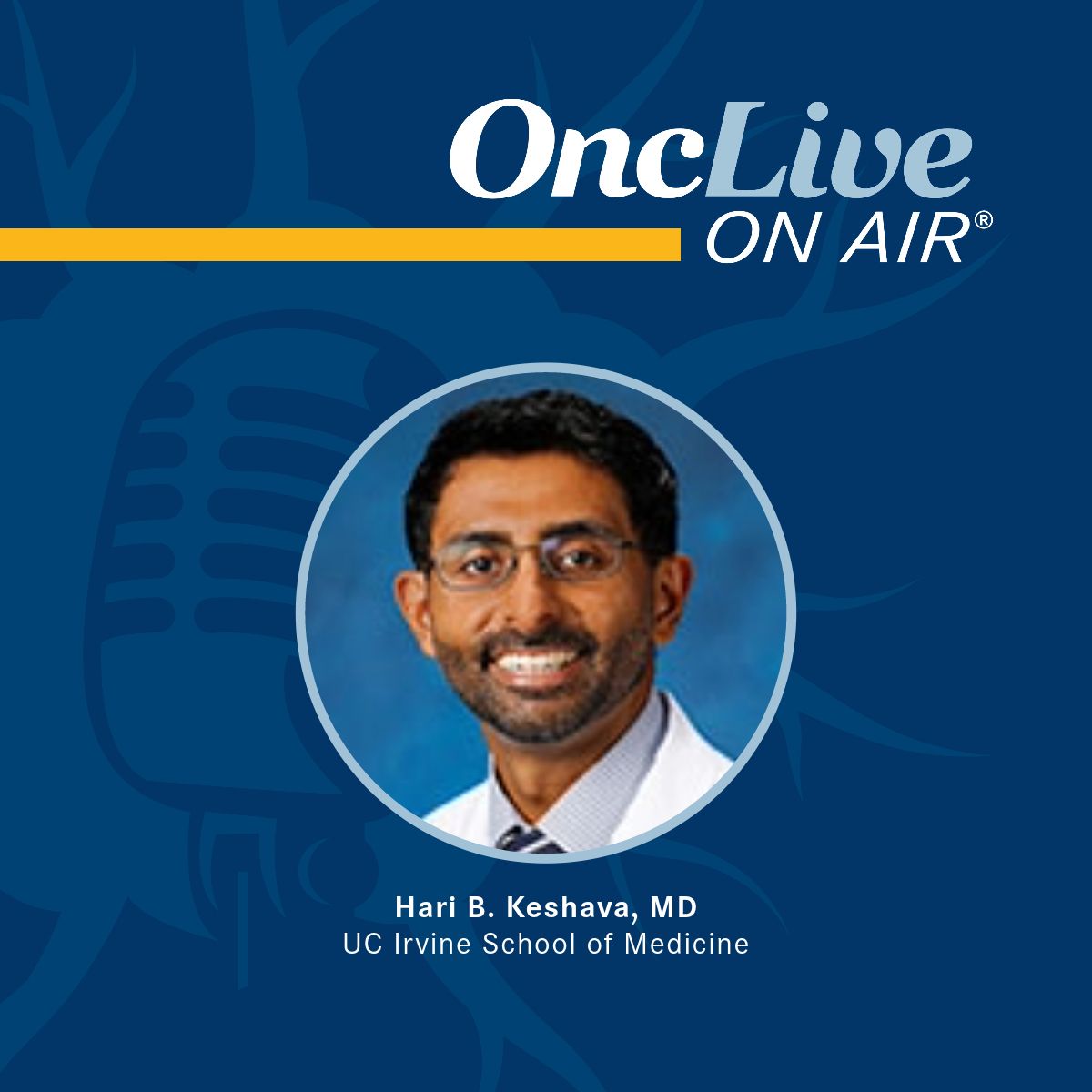Video
Dr. Brahmer on Determining When to Start Immunotherapy in Frontline NSCLC
Author(s):
Julie R. Brahmer, MD, discusses factors to consider when determining when to initiate immunotherapy in a patient with newly diagnosed non–small cell lung cancer.
Julie R. Brahmer, MD, co-director of the Upper Aerodigestive Department in the Bloomberg-Kimmel Institute for Cancer Immunotherapy, director of Thoracic Oncology, and professor of oncology, Johns Hopkins Medicine, discusses factors to consider when determining when to initiate immunotherapy in a patient with newly diagnosed non–small cell lung cancer (NSCLC).
While awaiting next-generation sequencing (NGS) results, patients with symptomatic NSCLC should be started on chemotherapy without immunotherapy, says Brahmer. Moreover, patients with adenocarcinoma or a subtype of NSCLC that is associated with a high prevalence of actionable fusions or mutations should wait to begin immunotherapy. Additionally, because BRAF V600E and MET exon 14 skipping mutations are being identified in smokers, as well as never smokers, it is important to wait until NGS results are back to initiate immunotherapy in both patient populations, Brahmer adds.
Conversely, patients with squamous NSCLC who have a low likelihood of harboring an actionable mutation could be started on combination chemotherapy and immunotherapy, concludes Brahmer.









